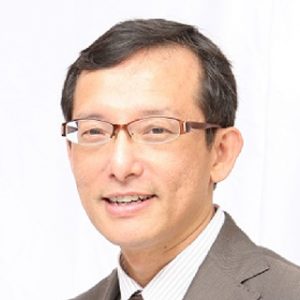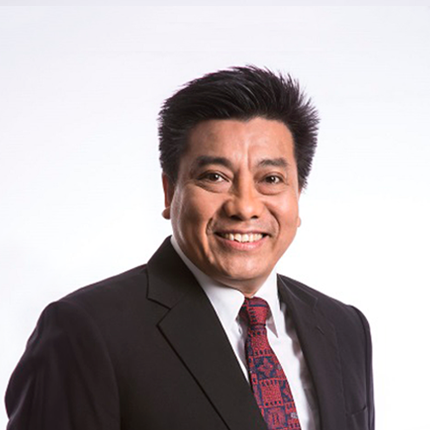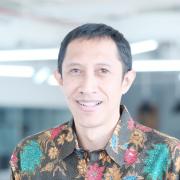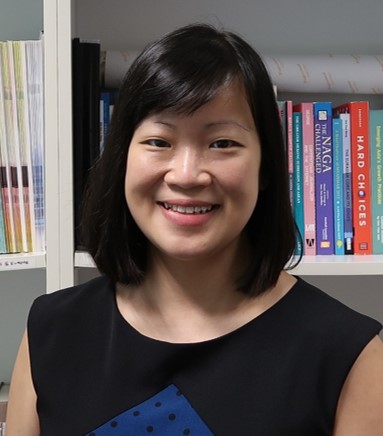PROGRAMME
Agroforestry for Sustainability:
Climate, Conservation and Communities in ASEAN
Conference
Venue: Online
0930-0935
Opening
0935-0940
0940-1055
Nature-based approaches have gained traction as a promising means to mitigate some of the effects of climate change. Forest conservation and ecosystem restoration, for instance, offer major sources of carbon storage, as well as opportunities to engage local communities whose livelihoods are tied to the land. Yet, such efforts continue to suffer from a significant lack of
capital, in part due to the inherent complexity and unpredictability of natural systems as well as the lack of widely accepted standards for measuring impact. Southeast Asia has devised its own approaches through various investment mechanisms adopted by both the public and private
sectors. These range from direct conservation strategies using carbon offsets to environmental funds. With many of these initiatives at their early stages, it remains to be seen how these actors will overcome longstanding challenges and identify suitable opportunities in forest conservation and ecosystem restoration.
Key questions:
- How do nature-based solutions relate to the resource sector in Southeast Asia?
- What are some promising opportunities to invest in conservation and ecosystem restoration projects in Southeast Asia? What role can different stakeholders play to scale-up these opportunities?
- Given local communities’ reliance on the land for their livelihoods, what measures could be taken to involve local communities and ensure their interests are sufficiently considered?
Panel Keynote
Mr. Syamsuar, Governor of Riau, Republic of Indonesia
Panellists
Mr. Dharsono Hartono, President Director, PT Rimba Makmur Utama
Ms. Neo Gim Huay, Managing Director, Sustainability & Stewardship, Temasek International
Moderator
1055-1100
0900-0905
Opening
0905-0915
0915-1025
Countries and major multinational corporations are calling for systemic changes to advance sustainability goals and mitigate climate change. ASEAN’s resource sector is no exception, and has been in the spotlight given its linkages with the most biodiverse landscapes in the region. Even as countries work to strengthen their environmental commitments, recent fires and haze demonstrate that there remain difficulties such as enforcement or traceability across the supply chain. Uncertainties including geopolitical tensions, trade conflicts and a global economic slowdown also threaten to impact the implementation of national sustainability policies, and may affect the ability of resource sector companies or financial institutions to fulfil their sustainability commitments. This panel will discuss how governments and the private sector can foster collective leadership towards better land and ecosystem management, so that ASEAN’s economic growth is formulated with sustainable development in mind.
Key questions:
- What are some obstacles companies face in aligning the implementation of their environmental and social commitments with national sustainability policies?
- How can financial institutions and resource sector companies continue to uphold sustainability priorities and practices despite broader political uncertainties and the economic downturn?
- How can companies better prepare to adapt to growing market demand for sustainable commodities?
Panellists
Dr. Surina Ismail, Group Head of Sustainability, IOI Group
Ms. Perpetua George, General Manager – Group Sustainability, Wilmar International
Mr. Michael Chong, Senior Manager, Neste Sustainability Asia
Moderator:
Ms. Eu-Lin Fang, Partner, PwC Singapore
1025-1055
Break
1055-1100
Opening
1100-1200
Governments in ASEAN recognise the necessity of urgent action to address critical environmental concerns. Policymakers across the region are exploring different ways to put a price on carbon. Responding to growing international awareness about sustainability issues, Indonesian President Joko Widodo has made addressing fires and haze as well as peatland conservation a priority. In Malaysia, initiatives such as Sarawak’s Totally Protected Areas illustrate a myriad of approaches to ensure that economic growth continues, while taking into account sustainability concerns. Singapore recognises climate change as an “existential problem” for the country and has highlighted the need to address climate, resource and economic resilience in tandem. Even as ASEAN countries recover from the economic fallout from COVID-19, regional cooperation is essential to accelerate the transition to a greener, low-carbon future. This session will feature two keynote addresses followed by a Q&A session.
Key questions:
- Given the long-term nature of combating climate change, how can policymakers secure buy-in and investment for sustainability initiatives in a post-COVID-19 world?
- As global awareness about sustainability grows, what are the prospects for regional and international cooperation to encourage green supply chains and financing for conservation?
- What further action is needed to continue the shift towards higher sustainability standards in key sectors like agriculture and forestry?
Keynote speakers
Ms. Grace Fu, Minister for Sustainability and the Environment, Republic of Singapore
Mr. Luhut Pandjaitan, Coordinating Minister for Maritime Affairs and Investment, Republic of Indonesia
Moderator
Associate Professor Simon Tay, Chairman, Singapore Institute of International Affairs
1200-1205




